A woman's land rights are foundational to
The Stand for Her Land Campaign is closing the implementation gap for women’s land rights: the gulf between the strong standards in place to protect women’s rights to land, and the realization of those rights in practice, so that millions of women can realize the transformational power of rights to land.
Stand for Her Land drives lasting change on the ground through collective action and advocacy at grassroots, national, and global levels.
When a woman holds secure rights to her land, power dynamics shift. Her dignity, household decision-making, and economic freedom increase. As a global community, we move closer to gender equality.
Strong land rights help women break the cycle of poverty and improve not only their own lives, but those of their families and whole communities. The benefits of women’s land rights multiply in crucial ways both at home — when women have secure rights to land, spending on children's education and household nutrition goes up — and worldwide — women’s land rights are key to addressing the deeply gendered issues of climate change, food security, and global health.
Recognizing their cross-cutting importance, leaders across the globe have made formal commitments to ensure women have secure land rights. Yet in many countries, these commitments lack incorporation into legal and policy frameworks – and even when laws are equitable, deeply entrenched patriarchal social norms often result in weak implementation.
The Stand for Her Land campaign aims to close this gap between global commitments and local practice, to build a future where all women and men have a secure place to call home.
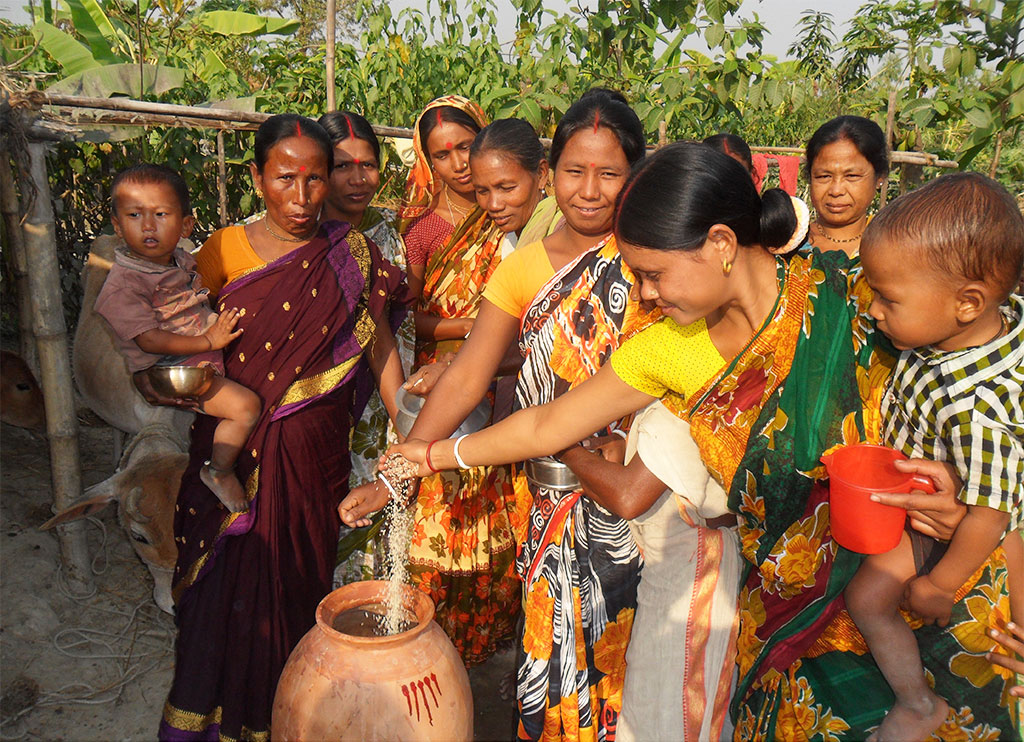
Women are jointly saving a handful of rice for capital generation in Bangladesh. Photo credit: ALRD.
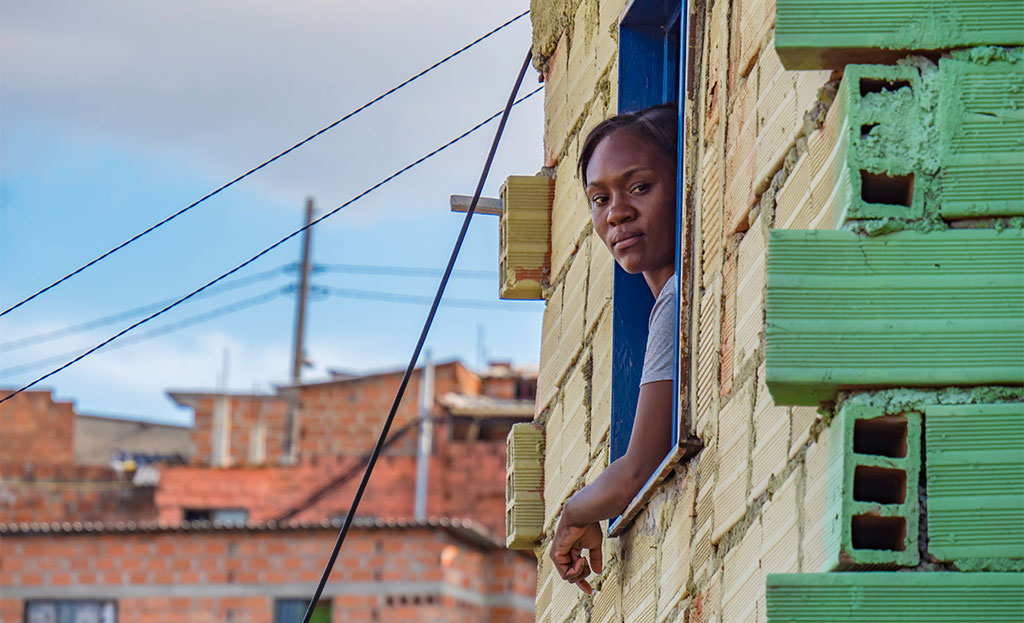
Stand for Her Land is built on collective action.
Our community of diverse allies works via a coalition model, linking global and local actors and empowering grassroots women leaders and men who are champions for gender justice to advocate for stronger women’s land rights.
Country Coalitions comprise local grassroots organizations, national civil society organizations, and other non-state actors working towards the shared goal of stronger women’s land rights. Led by a coordinating organization, these Coalitions partner with and catalyze other key stakeholders, including government agencies and civil society, to realize women’s land rights.
A Global Steering Committee of international non-governmental organizations with deep women’s land rights expertise facilitates the campaign. The Steering Committee provides resources, tools, and support for national and local advocacy in focal countries, and leads advocacy at regional and global levels, amplifying the voices of grassroots women. Stand for Her Land is the first advocacy campaign of its kind to merge global and local efforts to radically accelerate land rights for women from the ground up.
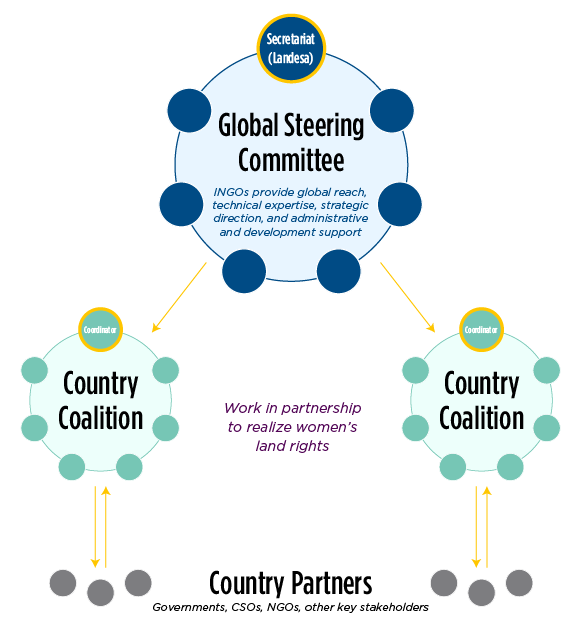

COUNTRY COALITIONS
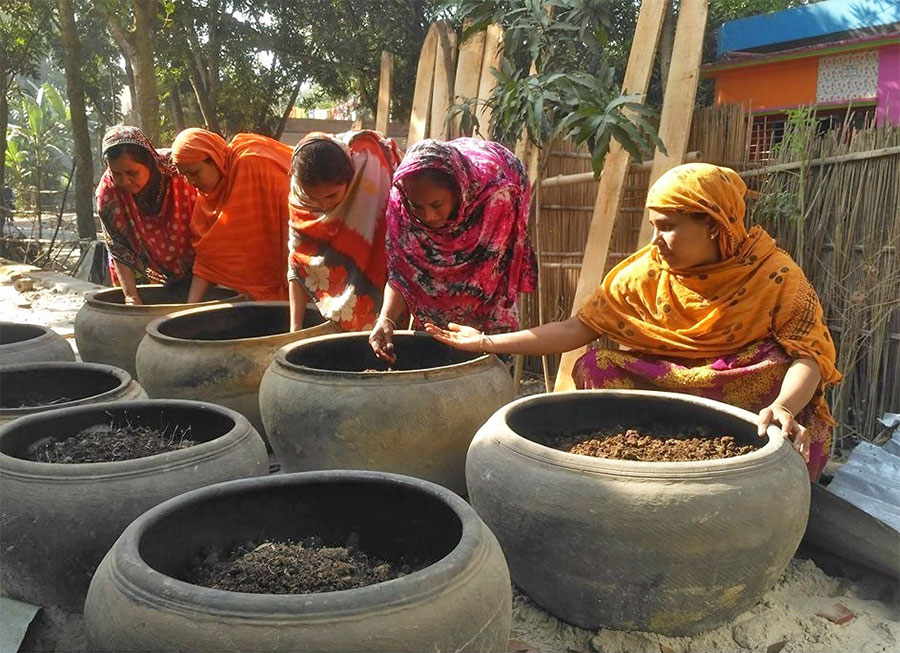
Bangladesh
Members: 9 Organizations
Coordinator: Association for Land Reform and Development (ALRD)
S4HL Bangladesh strengthens and sustains the capacity of networked, women-driven CSOs to create the enabling environment needed to recognize and promote women’s land rights for women’s economic empowerment.
Benin
Page coming soon!
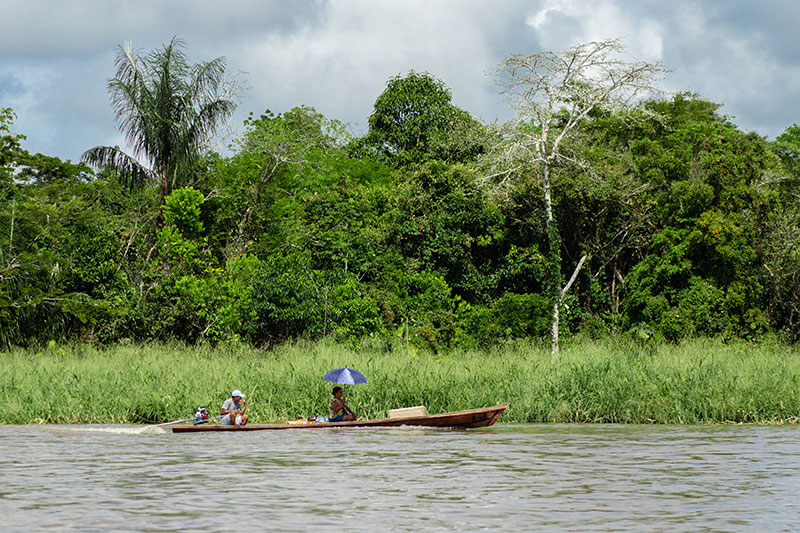
Colombia
Members: 7 Organizations
Coordinator: Center for Research and Popular Education (CINEP)
S4HL Colombia deepens local CSOs’ experience to increase social recognition and legal literacy around the legitimacy and importance of women’s land rights, ultimately reducing social and cultural barriers.
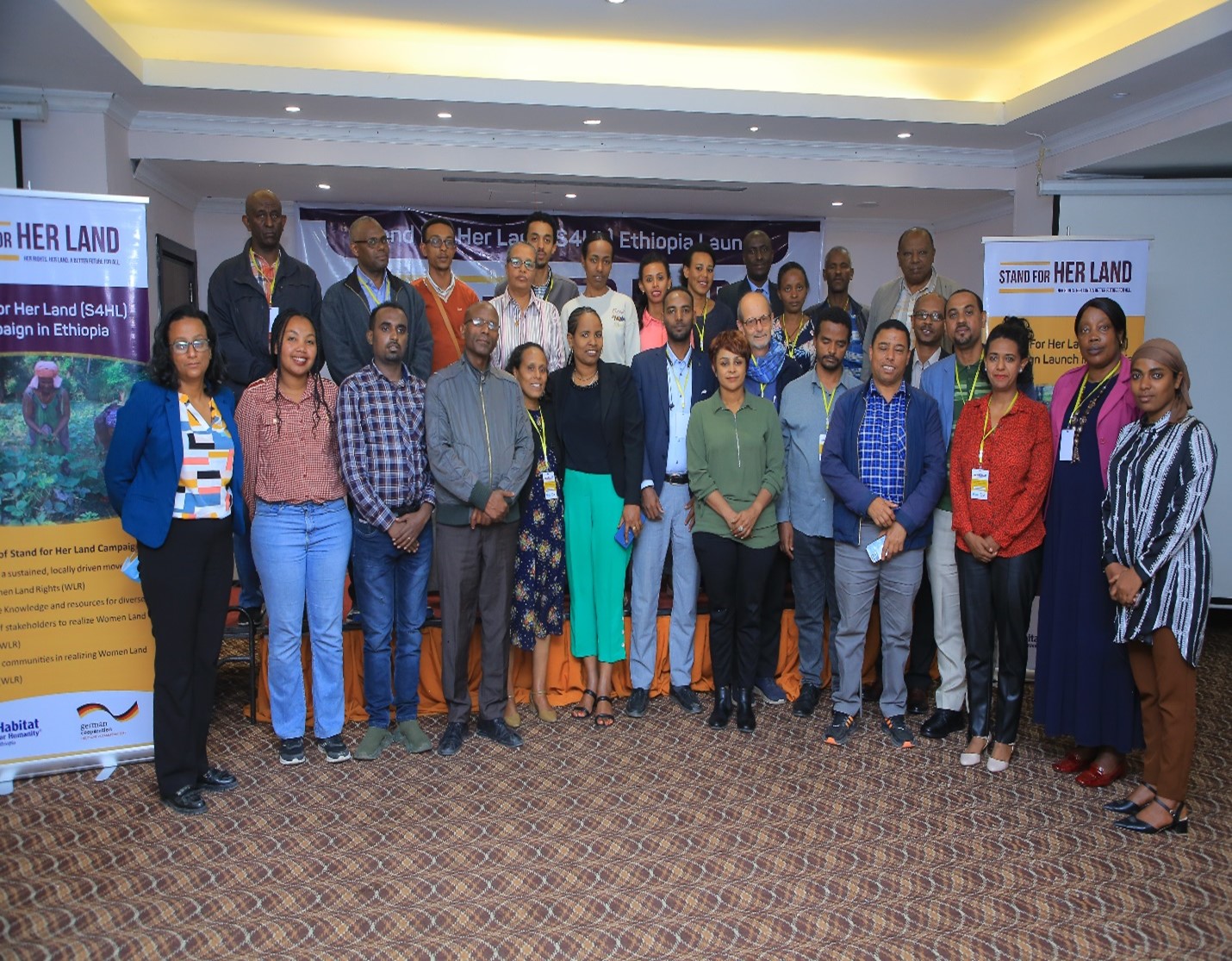
Ethiopia
Members: 17 OrganizationsCoordinator: Habitat for Humanity Ethiopia
S4HL Ethiopia seeks to challenge the patriarchal gender stereotypes that still prevail in society and advocate for women's land rights.

Kenya
Members: 40 OrganizationsCoordinator: Landesa Kenya
S4HL Kenya is accelerating the realization of women’s land rights in Kenya by ensuring the implementation of existing legal frameworks, shifting cultural attitudes, and empowering women to claim and defend their land rights.
Nepal
Page coming soon!

Nigeria
Members: 20 OrganizationsCoordinator: African Law Foundation (AFRILAW)
S4HL Nigeria is promoting and advocating for people-centered land governance and women’s rights to access, use and control of land and land-based resources for sustainable and improved food security, livelihood and economic empowerment.
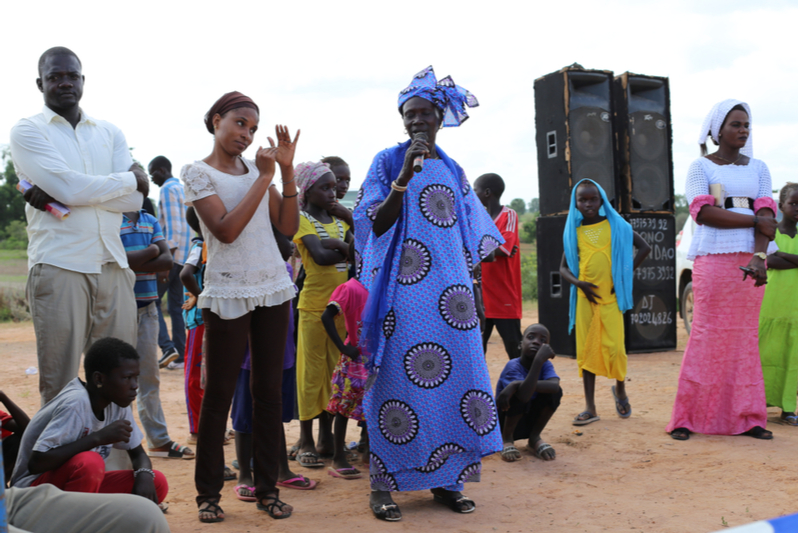
Senegal
Members: 11 OrganizationsCoordinator: Pan-African Institute for Citizenship, Consumers and Development (CICODEV)
S4HL Senegal is catalyzing a sustained movement for women’s land rights by building government and other stakeholder capacity and engaging communities via legal literacy and social norms and behavior change programming.
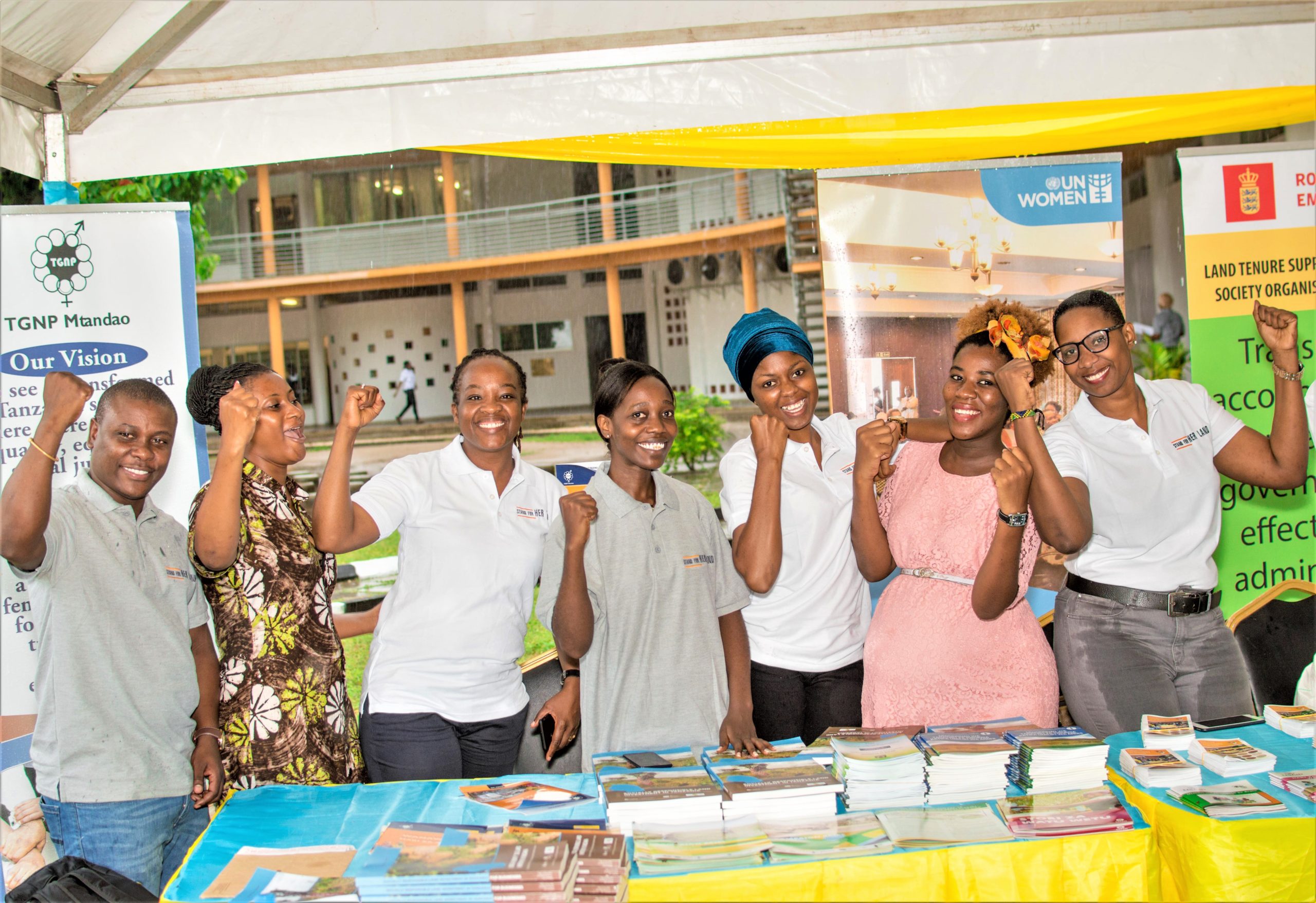
Tanzania
Members: 36 Organizations
Coordinator: Tanzania Women Lawyers Association (TAWLA)
S4HL Tanzania works to create local and national awareness of women’s legal rights, promote access to justice, and allow for inclusive and equal participation in decision-making so all Tanzanian women can access, own, control, inherit, use, make decisions, and benefit from land.
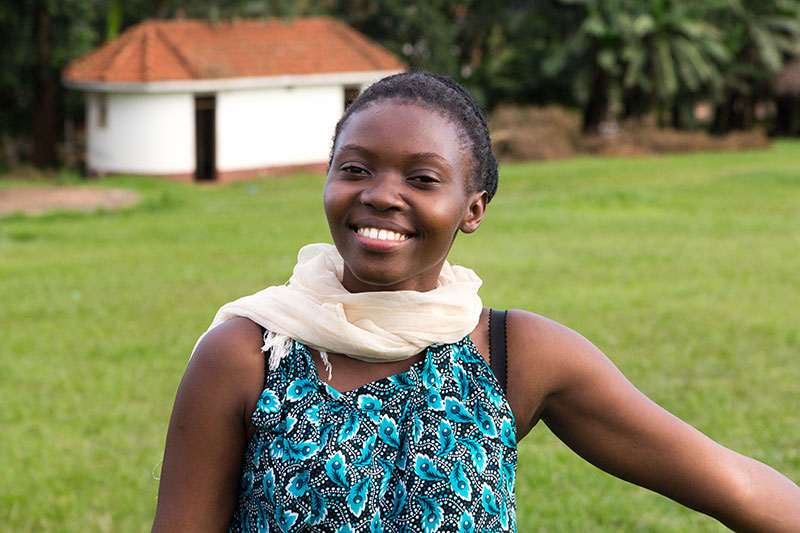
Uganda
Members: 85 OrganizationsCoordinator: Uganda Community Based Association for Women and Children’s Welfare (UCOBAC)
S4HL Uganda is creating an enabling environment to realize women’s land rights through increasing knowledge and resources for a diverse group of stakeholders to bridge the implementation gap between standards and practice.
Interested in forming an S4HL Coalition?
Learn more about Becoming a Country Coalition (pdf)
